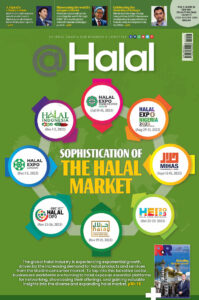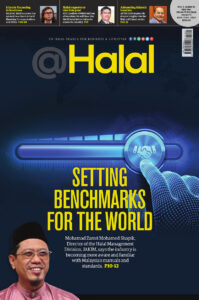A roadmap to Malaysian food security and halalan toyibban practices
Sustainable halal agriculture is finally becoming commonplace in Malaysia, thanks to the country’s booming agricultural sector.
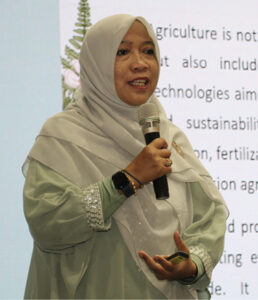
Notable speakers at the Pakar Pertanian Expo 2024 (PPE) on Mar 1-3 were Assoc. Prof. Dr Betania Kartika Muflih, Head of Halal Awareness, Information and Outreach at INHART, and Dr Nurhidayu Al-Saari, Assistant Professor.
THE PRACTICE OF HALALAN TOYYIBAN
Their talk shed some light on applying the halalan toyyiban concept in Malaysia, emphasising the importance of adhering to Islamic principles in agricultural practices.
“Halal agriculture, rooted in Islamic law, ensures that farming activities align with the permissible (halal) and prohibited (haram) actions outlined in Sharia,” said Dr Betania.
“The goal is to guarantee that food and agricultural products meet Islamic regulations and dietary standards while upholding sustainability, fairness and environmental responsibility.
“When we think of sustainability, safety and security must often go hand in hand.”
Dr Hidayu, however, emphasised the significance of agriculture as not just traditional farming but a crucial component of the large-scale agroindustry, vital for national income and revenues.
“Producing halal goods is not only a business matter; it is a promise,” she said. “It is an obligation that every Muslim must fulfil.
“It also can create good local, national, regional and global business opportunities.”
According to Islamic beliefs, engaging in farming and providing food to others is viewed as an act of charity, aligning with the principles of halalan toyyiban.
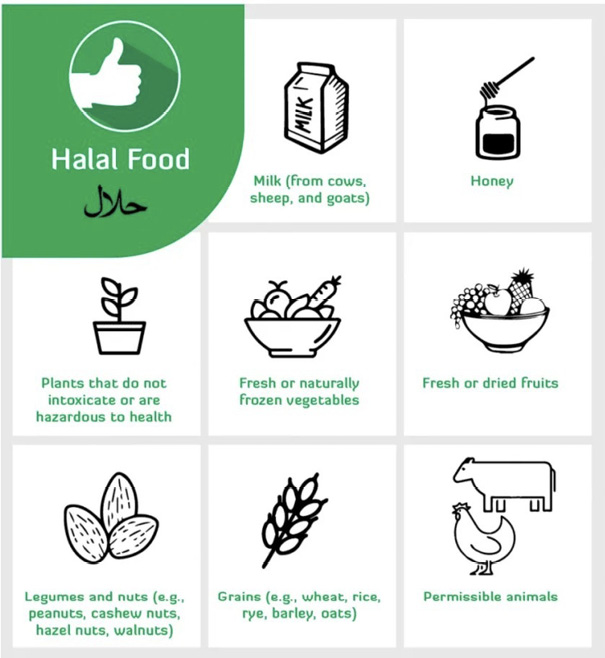
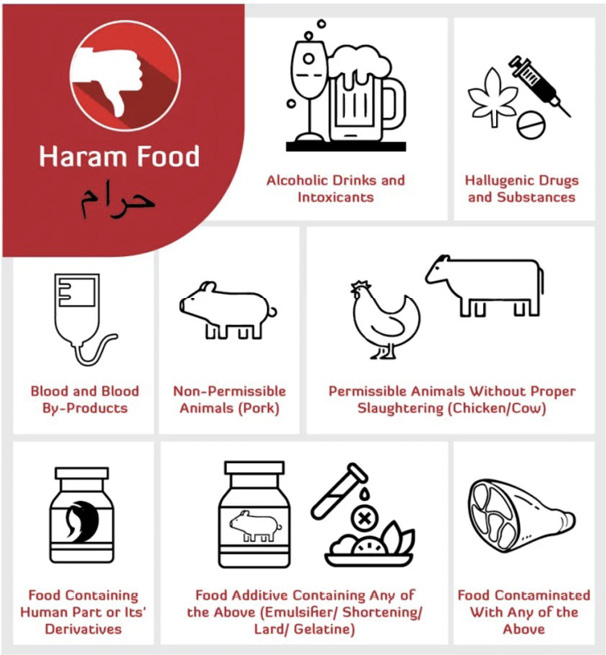
Integrating halalan toyyiban with conventional agriculture has immense potential to revolutionise the food system.
The additional universal appeals of the halalan toyyiban concept in agriculture and agroindustry include the following:
• Animal welfare and a guaranteed humane way of slaughter- reduce animal stress and increase meat quality.
• Traceability and transparency in the supply chain- for halal certification, proper labelling and tracking systems are a focus that gives consumers great confidence in food safety and halal compliance.
• Fair labour standards and ethical sourcing – farmers and other significant agricultural sector stakeholders ought to guarantee their employees’ fair and ethical treatment. It includes offering a safe workplace, equitable compensation, and additional benefits like robust grievance mechanisms and adequate training opportunities.
• Play a key role in promoting local and regional food systems- by decreasing reliance on imports and fostering more robust food systems, such as supporting the production and processing of halal products locally.
• Encourage more conscious consumption practices among communities- by consuming locally sourced, sustainable, and halal products and only indulging when necessary.
Dr Betania also highlighted encouraging conscious consumption practices that are aligned with sustainable development goals and Islamic stewardship principles.
“Embracing sustainable practices can revolutionise the entire food system, from farm to fork. The integration of halalan toyyiban and conventional agroindustry practices forms the foundation of the halal agroindustry,” she said.
Furthermore, according to the Global Islamic Economy Indicator (GIEI), Malaysia is among the top 10 countries that are well-positioned to address global agriculture opportunities.
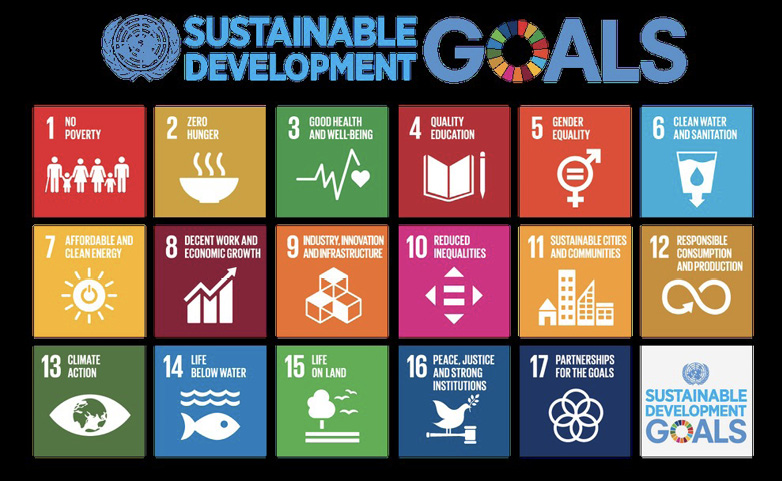
The halalan toyyiban concept also aligns with the 2030 UN-SDGs (United Nations Sustainable Development Goals), stressing the responsibility to safeguard the planet for future generations.
THE ONE HEALTH APPROACH
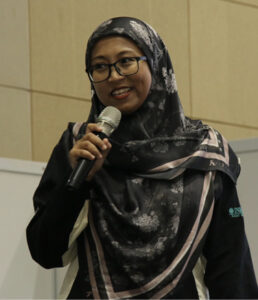
Dr Hidayu aimed for a more forward-thinking approach by combining the halalan toyyiban concept with the One Health (OH) approach.
“This collaborative method acknowledges the intricate connection between human, animal, and environmental health, promoting a holistic perspective in agricultural practices where food safety is one of its core tenets.
“One Health emphasises the necessity of breaking down silos between diverse disciplines.”
THE FUTURE OF HALAL STANDARDS
As part of her future goal, Dr Hidayu is pursuing a halal certification to address challenges in aquafeed production, including non-halal components and genetically modified crops.
She believes establishing halal standards for aquafeed is vital, considering reports of non-permissible ingredients in commercial feeds over the years.
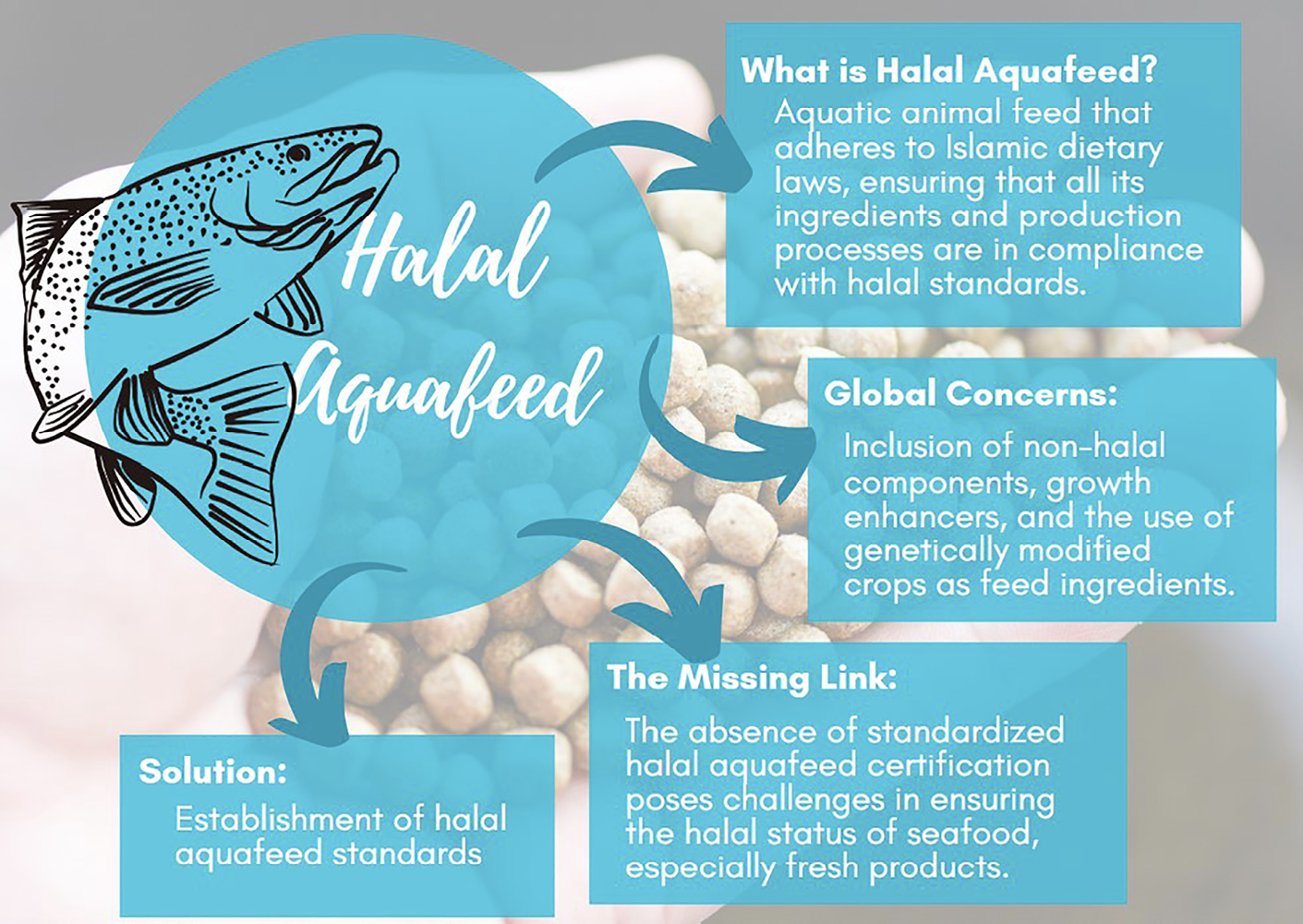
“These non-permissible feed ingredients were reported mainly in Malaysia, Thailand and Taiwan.”
“Global concern regarding halal animal feed spans various complexities, such as integrating non-halal elements, incorporating growth enhancers/hormones, medications, vaccines, and antibiotics, and utilising genetically modified (GM) crops in feed compositions.”
“Bear in mind that fish fed with commercially produced feeds containing animal proteins and by-products, such as blood, tissue, or bone, along with food waste streams might contain materials from porcine sources or animals not subjected to Islamic slaughter,” Dr Hidayu concluded.
Dr Betania and Dr Hidayu pointed out INHART wished to embrace sustainable halal agriculture in Malaysia to ensure adherence to Islamic principles and contribute to food security, ethical farming practices, and a healthier planet for future generations. –


